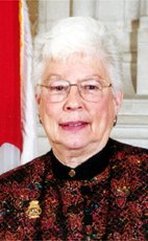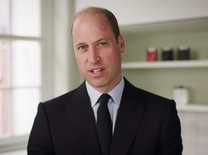
announced his plan to end
homelessness in the United
Kingdom. The initiative is called
'Homewards' and takes inspiration
from a similar program in
Finland, which has nearly halved its
homeless numbers since 2010.
Under the Homewards program the homeless will be given a
place to stay before other issues such as drug use, joblessness,
or mental health issues are sorted out. Efforts will also be
made to identify those at risk before they become homeless in
order to offer assistance.
The project currently has 16 private sector partners across six
locations. Land from his private estate (Duchy of Cornwall)
will be used to build social housing. The job ahead is immense
with an estimated 300,000 people in the UK dealing with
homelessness. A number that is expected to rise with rising
inflation and energy costs.
Prince William credits the influence of his mother, Princess
Diana, for him taking on this cause. She felt the then 11-year
old Prince William should be exposed to how those of much
humbler means were forced to live and the experience seems
to have stuck with him. This is not Prince William's first
initiative to raise awareness of homelessness in the UK but
it is the first with the greatly expanded resources and soft
power that come with being the Prince of Wales at his
disposal.
As with any attempt at doing good these days there are
detractors. Most of this uninformed criticism focuses on
Prince William's relative wealth (much the same as people
who complained about His Majesty flying in private jets while
trying to negotiate carbon reduction). I think this misses the
point.
Once upon a time elites honoured the principle of noblesse
oblige even if they did not always live up to it. And it is far
better for elites to view themselves as having an obligation to
help their fellow citizens than for elites to view their fellow
citizens has a hinderance to their interests. The latter view has
infected the elites in the USA for many years and has created an increasing number of monsterous examples who I will not
discuss here. A country's elite should look to better the lives of the less fortunate and in this regard Prince William is setting
a wonderful example.
Of course some also argue that reducing homelessness should
be a government responsibility and royal action in this area
limited what government can do. Bull crap. Again referring
back to Charles, when he was still the Prince of Wales; he got
the wheels rolling on climate action long before governments
were onboard with it. Rather than squeeze out the Members
of Parliament and governments of the day I think it provided
both inspiration and admonishment to the political elite who
are ever-eager not to get too far ahead of popular opinion. By
making ending homelessness a royal issue it implicitly raises
the question of what the government is planning to do to fight
it. Now this initiative could fail or it could take longer to
accomplish than people thought it would (which many
wrongly count as failure) but at the end of the day Prince
William is willing to do something about homelessness and
that is to be applauded.
Loyally Yours,
A Kisaragi Colour
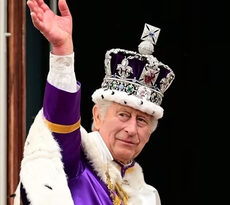
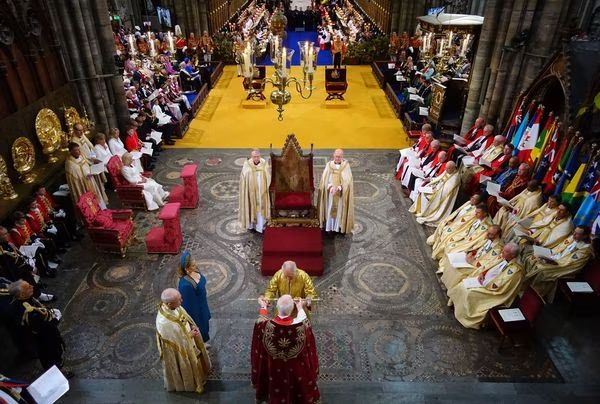
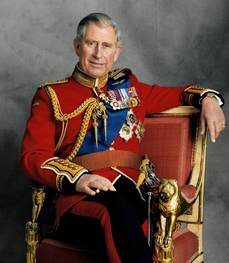
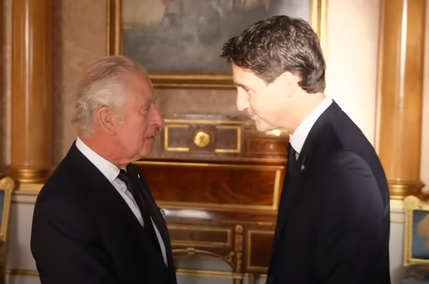
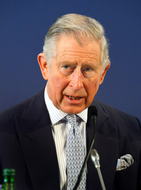
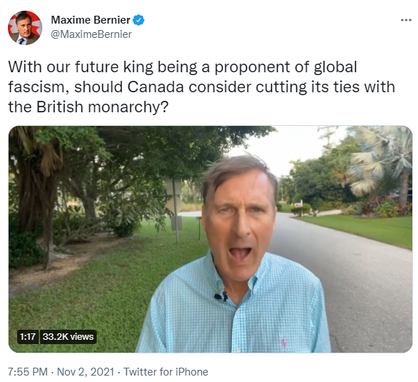
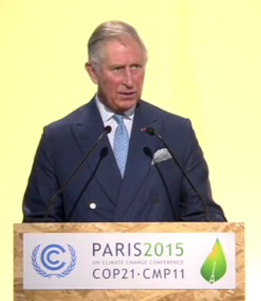
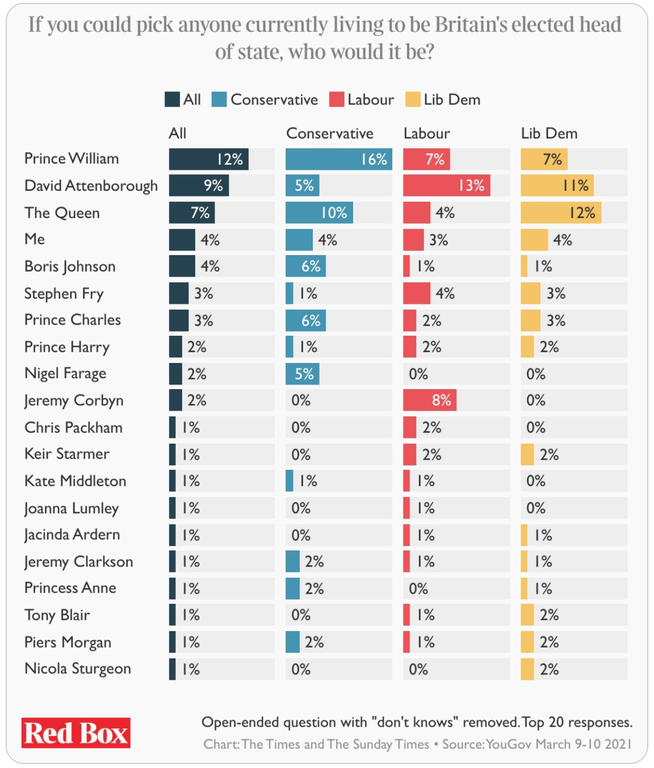

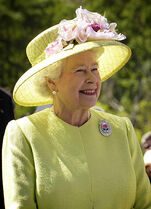
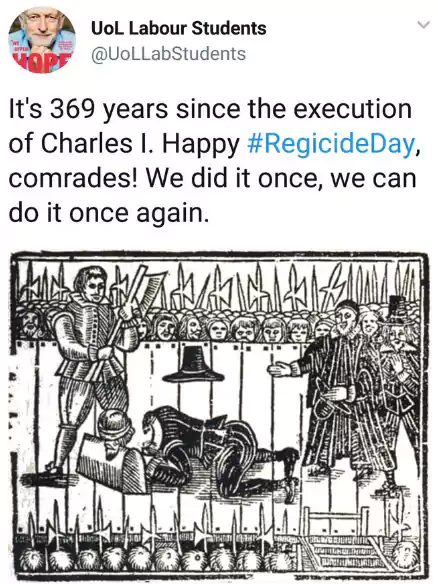
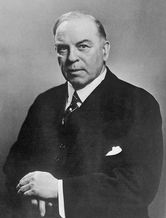

 RSS Feed
RSS Feed




